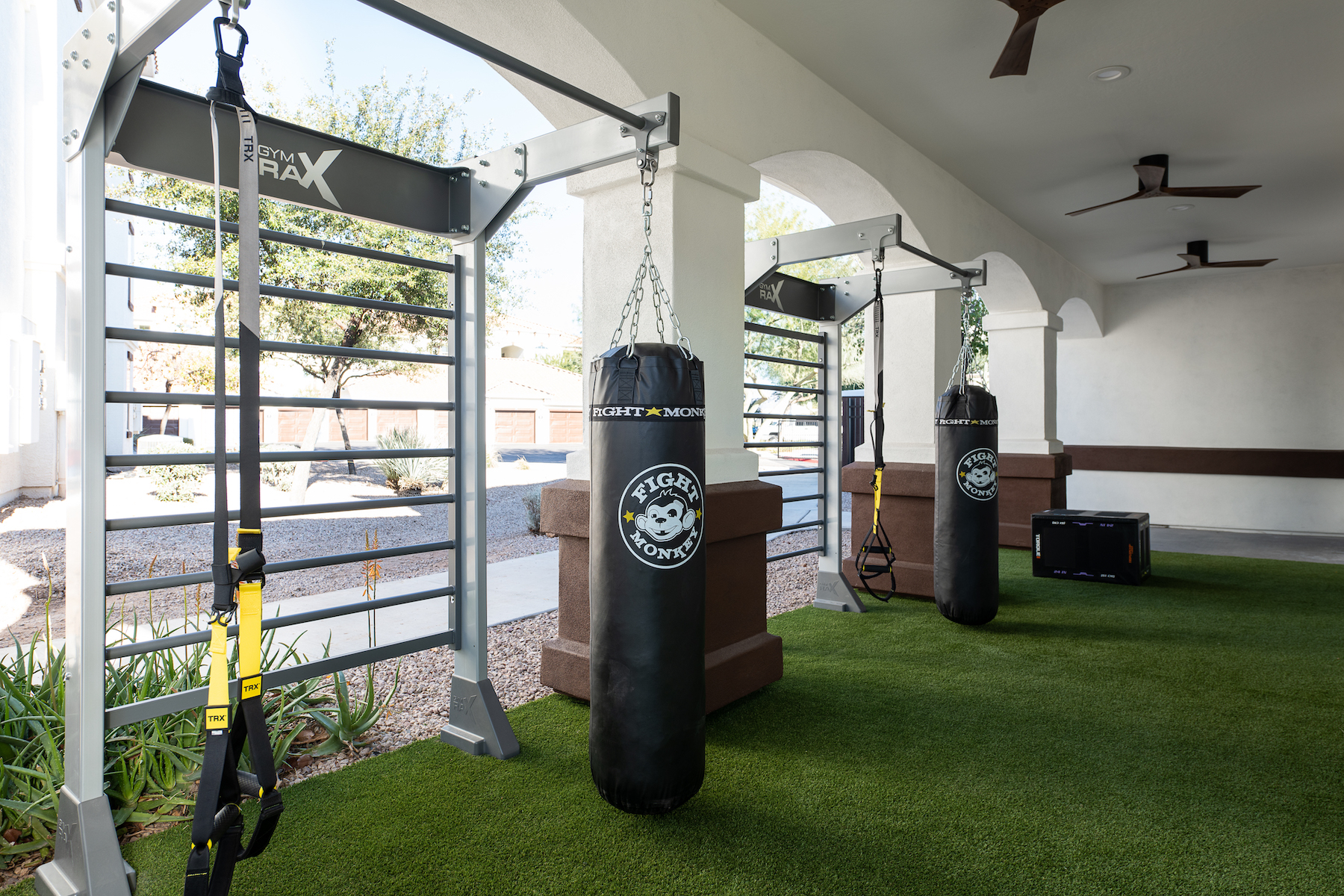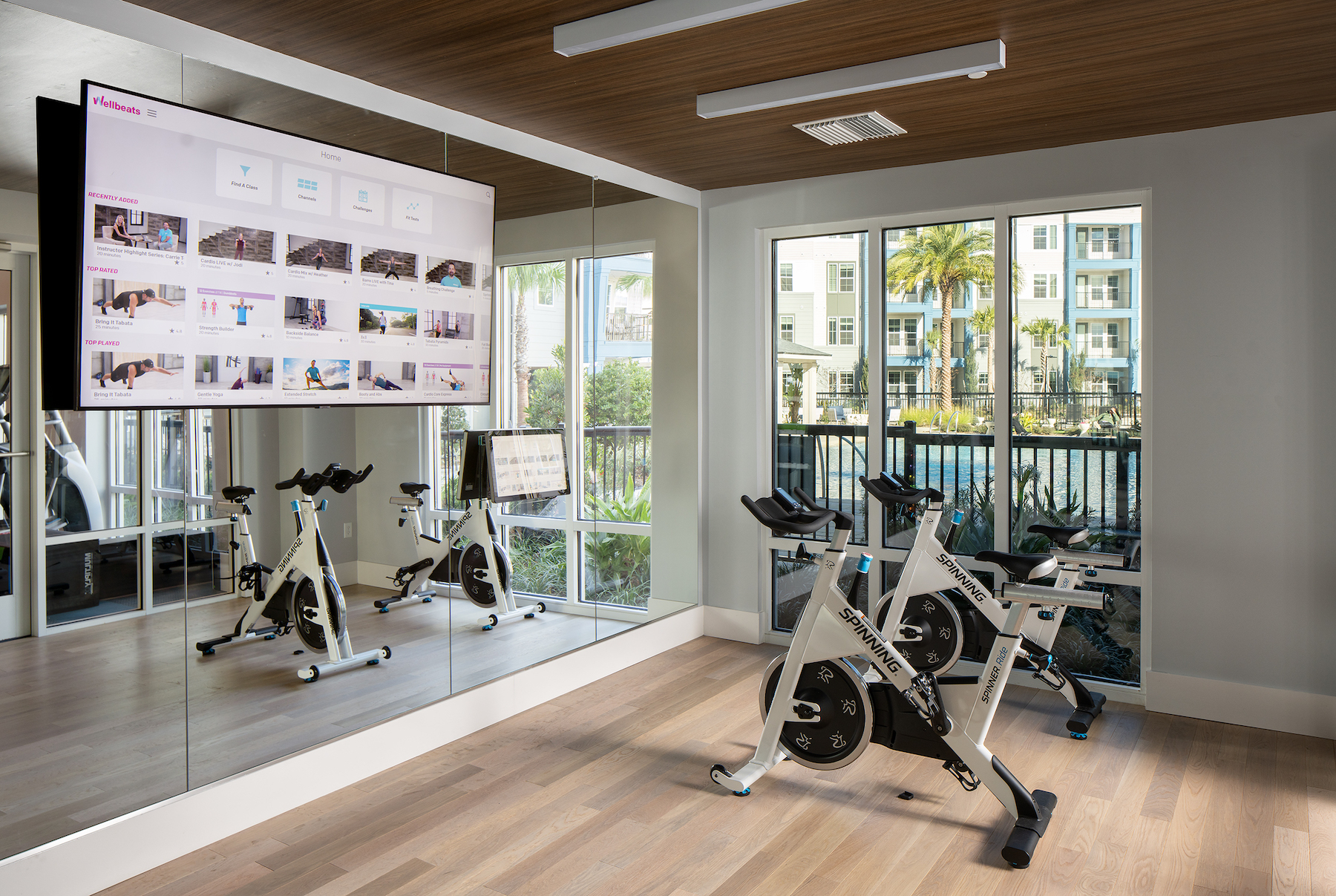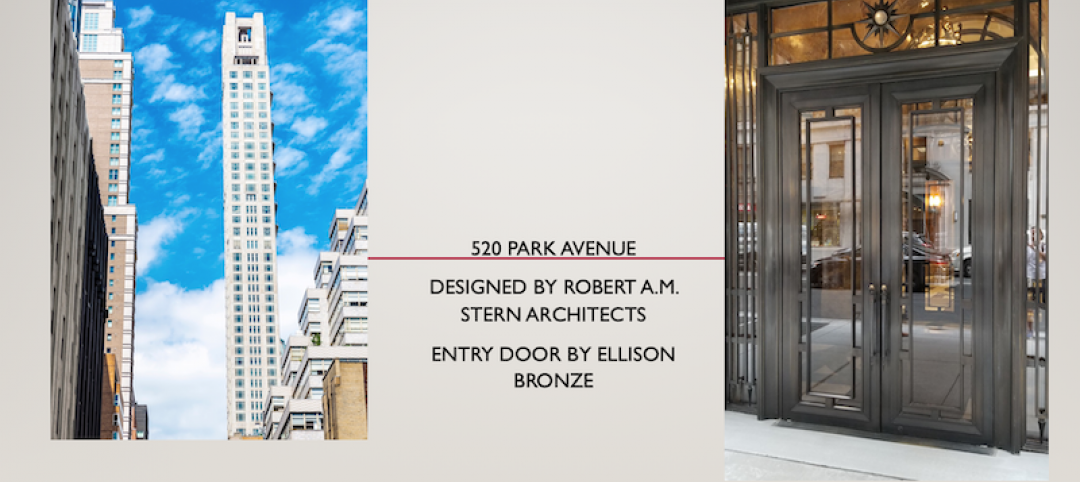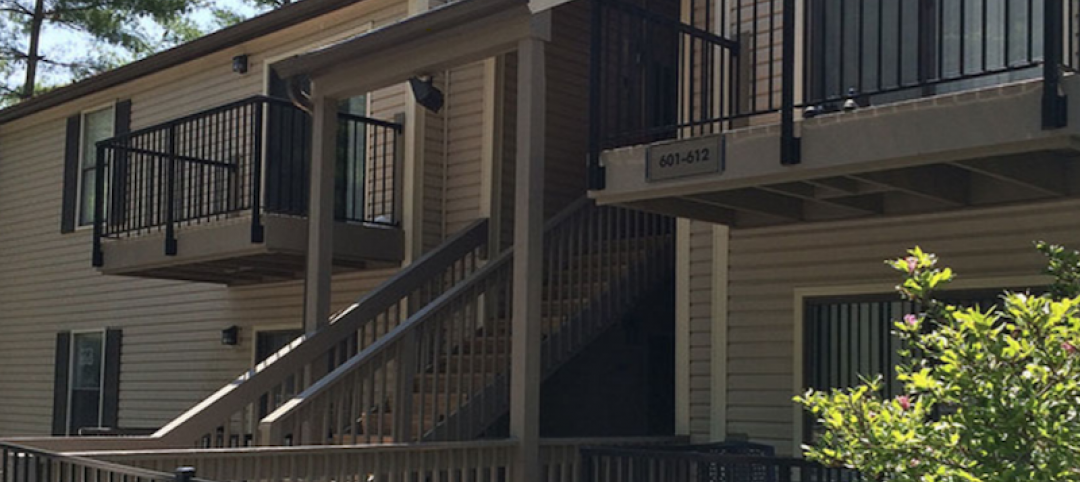When the Covid pandemic hit, in 2020, rental and condo communities across the country had to slam the doors on their fitness centers. Now that things are opening up, we wanted to see what’s new in fitness centers since we last visited this topic (Fitness Centers Go for Wellness, Fall 2018).
Who better to bring us up to date than Karl Smith, DHEd, EIM, Fitwel Ambassador, Director of Resident Experience at multifamily developer/owner Cortland? Following are valuable tips from “Dr. Fitness,” as he is called.
1. The big buzz in fitness: “gamification.” Smith said Peloton, the home exercise equipment manufacturer, turned fitness into a game, especially for Gen Z and Millennial residents. “They’re into the gamification of fitness,” he said. “They want to have fun when they’re working out, and they want to talk to their friends about it.”
Just before the company went public, in September 2019, Peloton stopped supplying multifamily properties with new equipment. Its acquisition of Precor in April 2021 created a new division that supplies rental and condo communities with a commercial version of Peloton equipment. Competitors include Echelon (exercise bicycles) and Aviron (rowing machines), said Smith.
Cortland is also installing “mirror” equipment in its gyms. “There’s a screen where you see yourself working out,” said Smith. Popular brands: Mirror, Tempo Studio, and Tonal.
2. The best spot for your fitness center. “The number one best place is to be as close to the leasing office as possible,” said Smith. “The fitness center is a marketing tool. When you take prospects on a tour, you want all your high-end amenities—the gym, the fire pit, the pool—as close to the leasing office as possible so they can see everything in a short period of time and make that commitment to sign the lease.”

3. Safety first on equipment. Cortland uses “selectorized” fitness rigs—resistance machines that have limits on the amount of weight and range of motion the user can employ, so no spotter is needed. “That greatly reduces the odds of a resident getting injured from using our equipment,” said Smith. “Safety is built into everything we do in the gym.”
4. Dump the group classroom. “Chances are you’re going to have one class a day, so that’s 23 hours where it’s not occupied,” said Smith. “When we’re renovating a gym, the first thing we do is take that wall down and turf the floor.” That creates a more inviting space where tenants can work out on their own using accessories like medicine balls and dumbbells and fitness-on-demand programs like Wexer and Wellbeats.
5. Don’t try to meet everyone’s fitness needs. “We cater to a small percentage of our residents,” said Smith. “Seventy-five percent of our tenants say they want a fitness center, but only 10-25% will actually use it.” His research shows that one-fourth of Cortland tenants have a private gym membership; another quarter have no interest in fitness. “We market the service, but we do not expect everyone to use it,” said Smith.
6. Know your fitness target. “You have to identify who you’re building this fitness center for, and you have to have that person in mind every time you build one,” said Smith.
7. The sweet spot: novice exercisers. “They’re active, but they’re not going to be heavy lifters,” said Smith. “They’re going to ask questions about how to work out, which gives us an opportunity to teach about how to use the equipment properly.”
Smith said Cortland has at least one trained “wellness champion” staff member on site, as well as instructional signage showing how to use the equipment. Through a partnership with Valet Living, Cortland brings a trainer to the site two or three times a week for a couple of hours.
Dr. Fitness’s Magical Fitness Facility Space Allocation Formula
How big should your fitness center be? Smith has developed a reliable formula for determining minimum square footage for a typical Cortland rental project, based on the number of rental units:
Minimum square footage = # of units x 1.45 x 0.35 x 0.60 ÷ 5 x 50
For a 300-unit complex, that would be: 300 x 1.45 = 435 x 0.35 = 152.25 x 0.60 = 91.35 ÷ 5 = 18.27 x 50 = 913.5 s.f.
Try it against your own estimate or rule of thumb.
Related Stories
Multifamily Housing | Aug 23, 2020
Designing affordable housing on odd urban lots in LA
"Misfit parcels" could be the key to providing more affordable housing in Los Angeles, say two experienced multifamily housing designers.
Multifamily Housing | Aug 16, 2020
TCA Architects specifies Engineered Floors products for 304-unit apartment complex in Tracy, Calif.
TCA Architects specified Lewis Rigid Stone Polymer floating plank and Lewis Gold 100% Solution-Dyed high-performance fiber carpet for Harvest in Tracy, Calif.
Multifamily Housing | Aug 3, 2020
71-unit 100% affordable housing development breaks ground in Mountain View, Calif.
Van Meter Williams Pollack is designing the project.
Multifamily Housing | Aug 2, 2020
Stantec-designed 17 West mixed-use development completed in Miami Beach
Stantec-designed 17 West mixed-use development completed, with first Trader Joe's in Miami Beach.
Multifamily Housing | Jul 31, 2020
Railings manufacturer VistaPro launches its new website
VistaPro Architectural Railing Solutions launches new website.
Multifamily Housing | Jul 29, 2020
Multifamily construction proposal activity sees modest rebound in Q2 2020
Among the firms that work in the multifamily sector, 31% said that proposal activity increased in the second quarter, while 24% said it decreased.
Multifamily Housing | Jul 29, 2020
San Francisco’s Millennium Tower fix approved, moving forward
Simpson Gumpertz & Heger will be the engineer-of-record for the fix.
Multifamily Housing | Jul 27, 2020
Putting 'home' at the heart of affordable housing
Home is a powerful thing. It’s the place that forms you, a guiding set of relationships, memories, and experiences that, for better or worse, make you who you are.
Multifamily Housing | Jul 20, 2020
Abandoned 15-story high-rise becomes mixed-use luxury apartment building
Kimmich Smith Architecture designed the project.
















